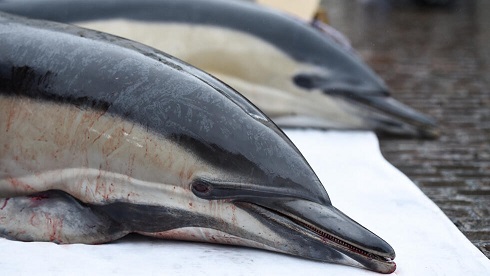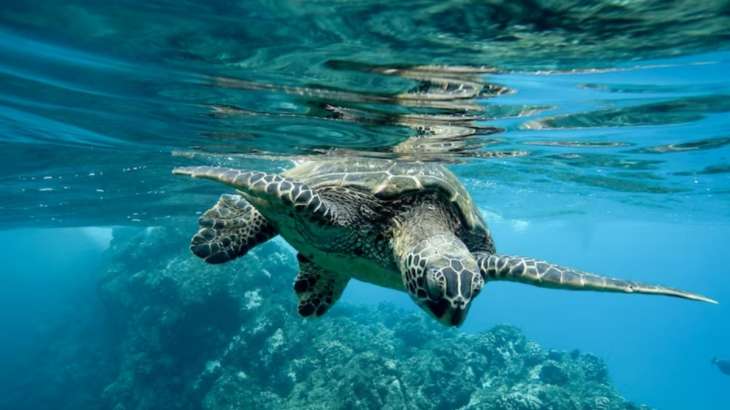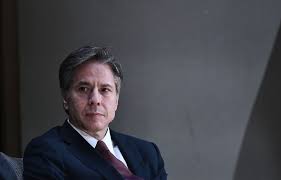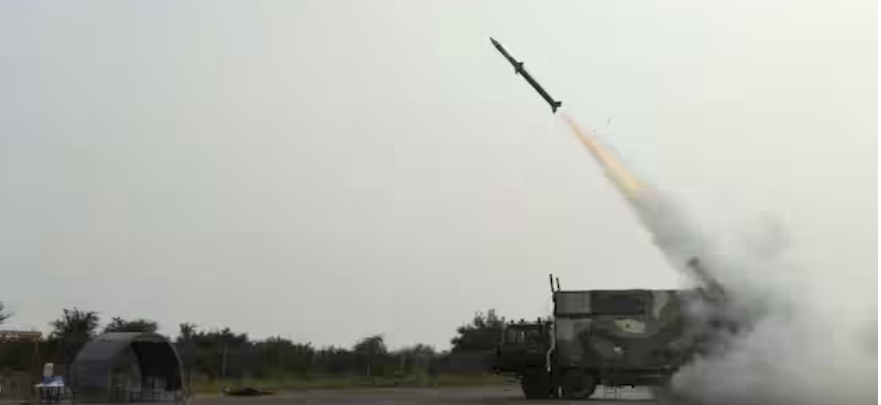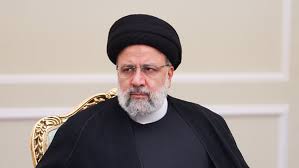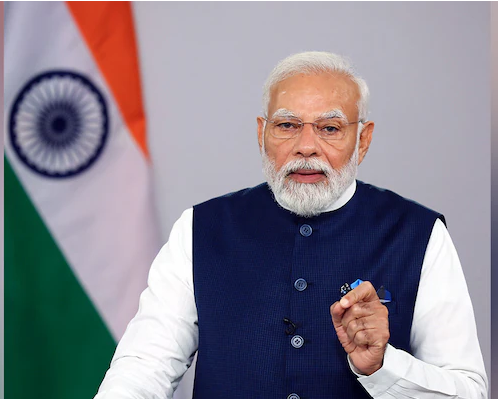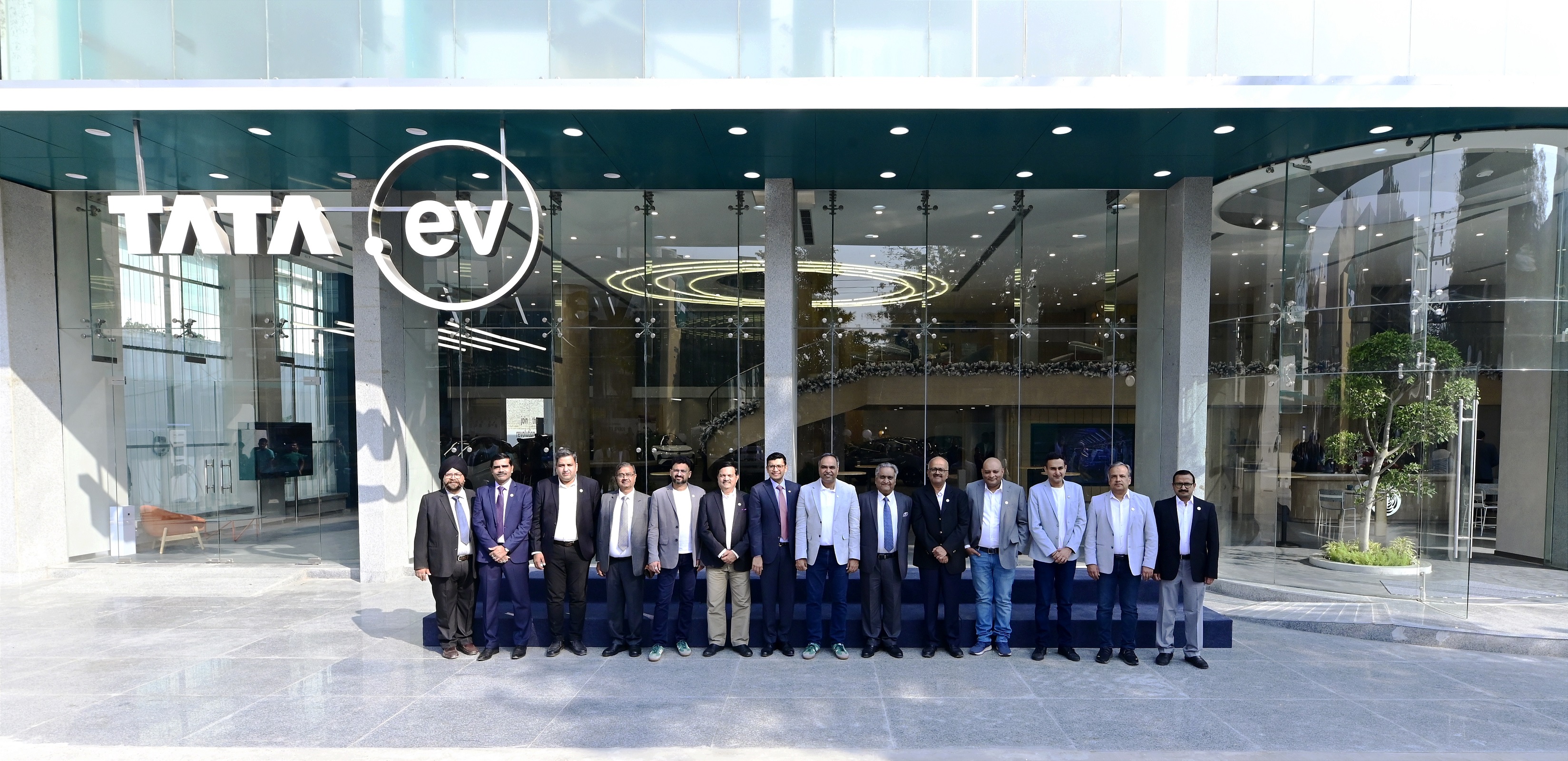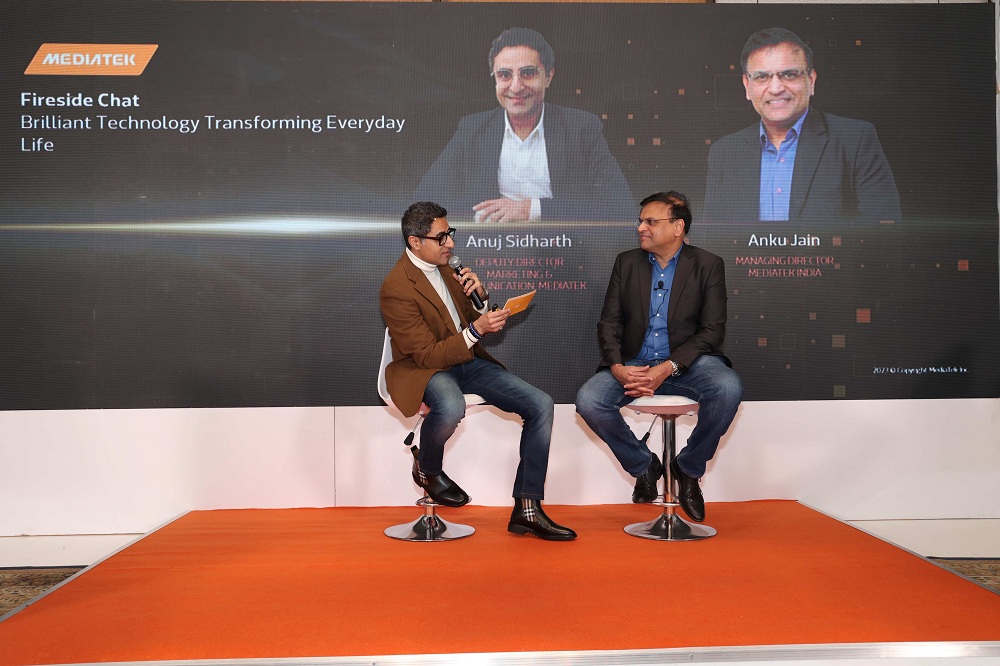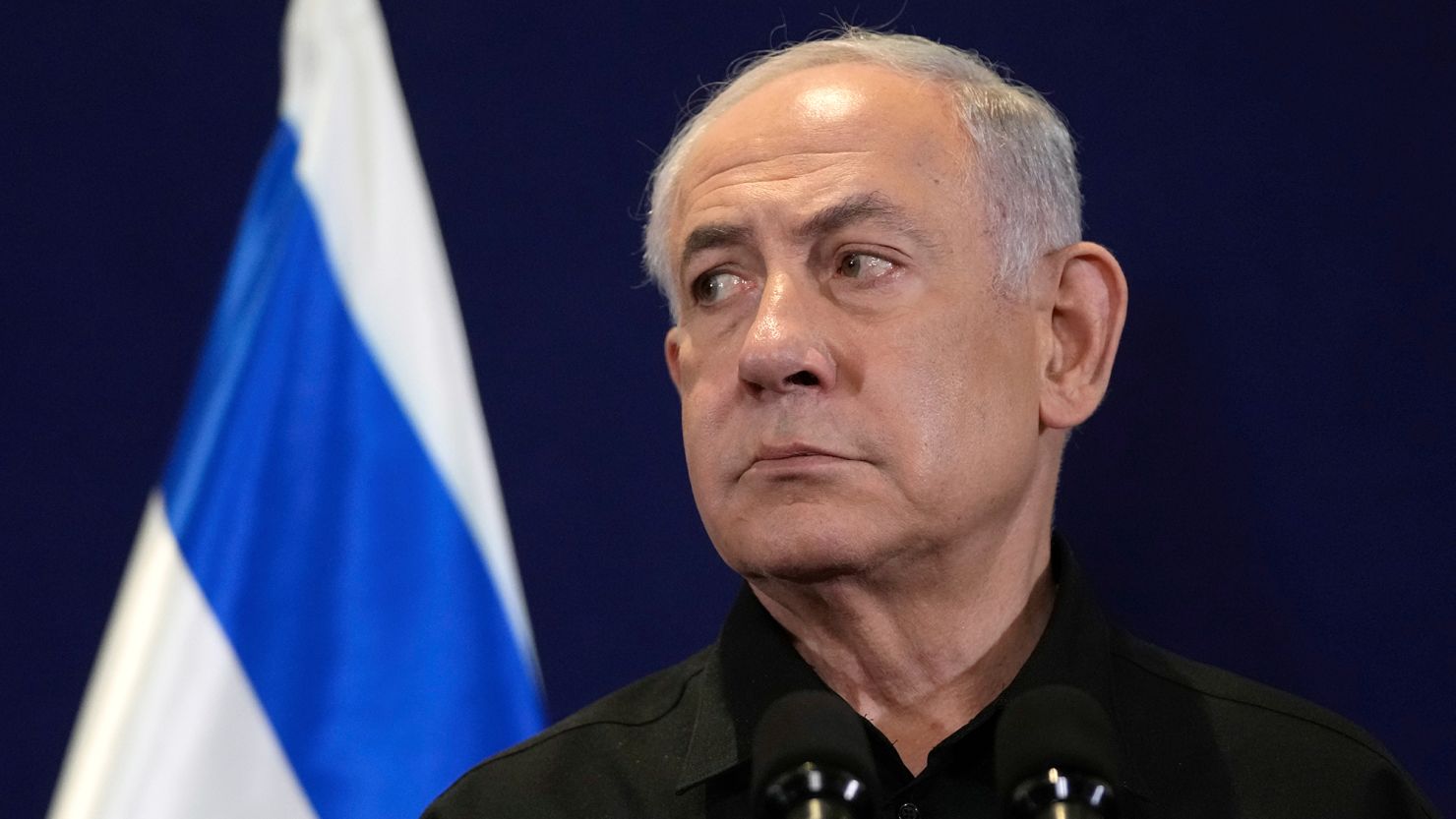Ex-Chinese premier Li Keqiang sidelined by Xi dies of Heart attack
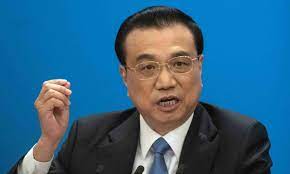
NEW DELHI: Li Keqiang, once the second most powerful man in the ruling Chinese Communist Party, has died at the age of 68.
State media reported that the former premier suffered a sudden heart attack on Thursday night while on holiday in Shanghai.
Attempts to revive him failed and he died in the early hours of Friday morning.
Despite being eventually sidelined by President Xi Jinping, Li was a popular leader for his pragmatism in economic policies.
In his final term, he became the only incumbent top official who was not a Xi loyalist, even appearing unmasked in public before China lifted its zero-Covid policy.
Li rose through the party ranks despite not having any power base, and at one point was even pegged for the top role of president. But in the end Li was made premier in 2013.
He developed a reputation as a leader who worked for the less privileged, with policies focused on reducing the wealth gap and providing affordable housing.
A trained economist, he was initially given the reins of China's economy, but was sidelined in that role.
Mr Li came from a modest family background and was the son of a local official. He was born in July 1955 in Dingyuan County in eastern China's Anhui province.
As a teenager, he witnessed the turbulence of the Cultural Revolution (1966-76) and worked for a few years as a "sent-down youth" - where urban youth, were sent to rural areas - at an agricultural commune in Fengyang County in Anhui.
After college entrance exams were reinstated in 1977, he enrolled at Peking University to study law and completed a master's degree in economics in 1988.
A fluent English speaker, he helped translate several important legal works from English to Chinese, including Lord Denning's The Due Process of Law.
He studied for a PhD in economics from Peking University and his dissertation about the structure of the Chinese economy won the Sun Yefang Economics Prize, the highest award in economic circles.
The first years of his political career were spent in the Communist Party's youth movement, the Chinese Communist Youth League (CCYL). He was elected as secretary of the CCYL committee at Peking University in 1982.
At the CCYL, he worked under Hu Jintao - who later became China's president - after he was elected to the secretariat of the CCYL Central Committee in 1983. Ten years later, Li became the CCYL's first secretary.
In July 1998, Li became the youngest provincial governor in China when he took the helm as head of the central province of Henan.
Under his tenure as governor, and as the province's Communist Party secretary from 2002 to 2004, Henan saw significant economic growth.
But Li had also to deal with challenges, including the spread of the HIV virus through contaminated blood transfusions, when he was accused of not fully revealing the scale of the scandal.
He was transferred to the north-eastern province of Liaoning in December 2004 as party secretary, where he oversaw the revival of the area's old industrial base and established a coastal economic belt to boost trade with neighbouring countries.
His successes in Liaoning won him a post in the top echelon of the party's central leadership, the Politburo Standing Committee, in October 2007. In March 2008, he was appointed as vice-premier.
At the time, many speculated that because of his close association with then-President Hu Jintao in the Youth League faction, Li would be groomed to succeed Mr Hu.
For a time, it seemed like Li would assume the role of President - now held by Xi (L)
But he lost out to Mr Xi, a rising star in the "princeling" faction of leaders drawn from the families of senior revolutionaries or top officials.
Li was appointed premier in March 2013 amid much fanfare.
His economic policy of structural reform and debt reduction, termed "Likonomics", aimed to reduce China's dependency on debt-fuelled growth and steer the economy towards self-sustainability.
But his economic leadership was weakened after November 2013, when Mr Xi appointed himself as head of the Leading Group on Comprehensively Deepening Reform, one of several groups set up by Mr Xi to reinforce his power in the party.
By 2016, articles in the party's mouthpiece People's Daily had dropped "Likonomics" in favour of Mr Xi's economic thoughts, which emphasised micro-economic reforms and advocated supply-side changes.
In March 2018, Li was re-elected as premier for a second five-year term, but the task of economic management was entrusted to the newly-appointed Vice Premier Liu He, a Harvard-educated economist.
Li was conspicuously absent at a symposium called by President Xi in August 2020 to prepare for China's 14th Five-Year Plan, which was attended by economic experts and top party leaders.
When Mr Hu was taken off stage at the 2022 Party Congress on Mr Xi's orders, he tapped Mr Li on the shoulder in a friendly gesture and the premier nodded back.
Mr Li retired from the top leadership of the party during the same Congress. He retired as premier this year.



